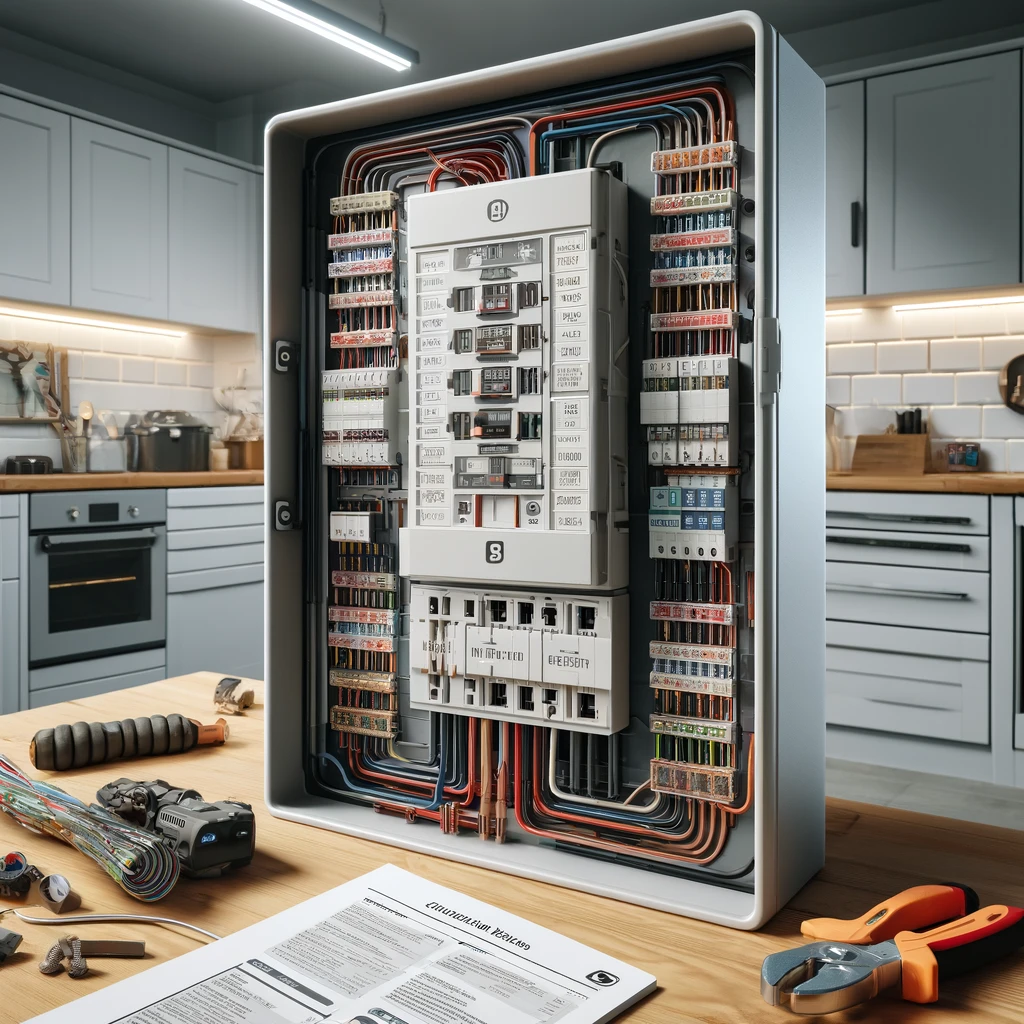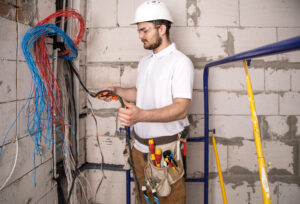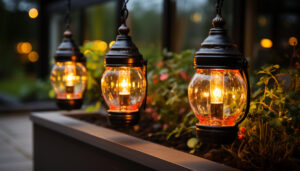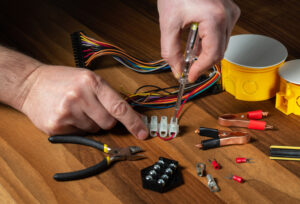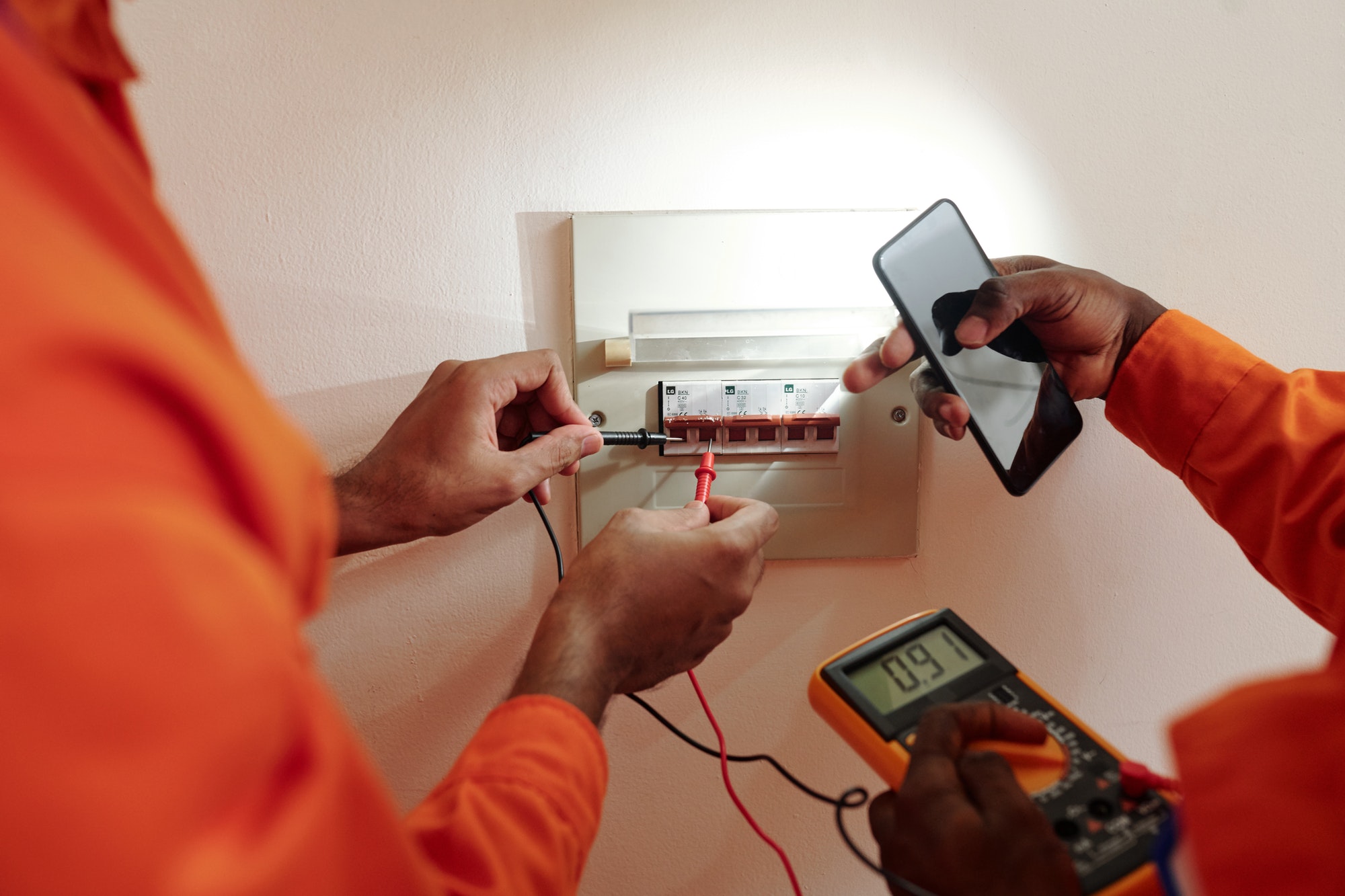Choosing the right fusebox for your property is essential for ensuring electrical safety and reliability. With various options available on the market, selecting the appropriate fusebox can seem daunting. However, understanding your property’s electrical needs and the features of different fusebox types can simplify the decision-making process. In this guide, we’ll discuss key factors to consider when selecting a fusebox and provide an overview of common types to help you find the right one for any property.
Factors to Consider:
- Electrical Load: Start by assessing the electrical load of your property, including the number of circuits and the types of appliances and devices connected to them. This information will help determine the capacity and configuration of the fusebox needed to accommodate your property’s electrical demand.
- Safety Features: Look for fuseboxes with built-in safety features such as overload protection, short circuit protection, and earth leakage protection. These features help prevent electrical hazards and minimize the risk of fire or electric shock in the event of a fault.
- Installation Requirements: Consider the installation requirements of the fusebox, including its size, mounting options, and compatibility with your property’s existing electrical wiring system. Choose a fusebox that is easy to install and meets relevant safety standards and regulations.
- Future Expansion: Anticipate future electrical needs and consider whether the fusebox can accommodate additional circuits or upgrades if needed. Opting for a modular or expandable fusebox can provide flexibility for future expansion without the need for extensive modifications.
- Brand Reputation: Select a fusebox from a reputable manufacturer known for producing high-quality electrical products. Research customer reviews, certifications, and warranties to ensure reliability and peace of mind.
Common Types of Fuseboxes:
- Consumer Unit (CU): Also known as a distribution board or breaker panel, a consumer unit is the main electrical control center in a property. It houses circuit breakers or fuses to protect individual circuits from overloading or short circuits. Consumer units come in various configurations, including fixed, flexible, and dual RCD (Residual Current Device) options.
- Fuse Box with RCD Protection: RCDs are safety devices designed to quickly disconnect power in the event of a fault, such as a leakage current or earth fault. Fuse boxes equipped with RCD protection provide an extra layer of safety by detecting and interrupting abnormal electrical currents, reducing the risk of electric shock or fire.
- Smart Fusebox: Smart fuseboxes offer advanced monitoring and control capabilities, allowing property owners to remotely monitor energy usage, receive alerts for electrical faults, and even control individual circuits through a smartphone app or web interface. Smart fuseboxes provide greater convenience, energy efficiency, and peace of mind for modern properties.
- Modular Fusebox: Modular fuseboxes consist of separate modules or units that can be customized and expanded according to specific requirements. They offer flexibility for accommodating different circuit configurations and future upgrades, making them ideal for properties with evolving electrical needs.
- Weatherproof Fusebox: Weatherproof fuseboxes are designed for outdoor or harsh environments where protection against moisture, dust, and other external factors is essential. They feature durable enclosures with IP (Ingress Protection) ratings to ensure reliable performance and safety in challenging conditions.
By considering these factors and exploring the various types of fuseboxes available, you can confidently select the right fusebox for any property. Whether you’re upgrading an existing electrical system or installing a new one, choosing the appropriate fusebox is crucial for maintaining electrical safety, reliability, and compliance with regulations. If you’re unsure about which fusebox is best suited for your property, consult with a qualified electrician or electrical engineer for expert advice and assistance.

